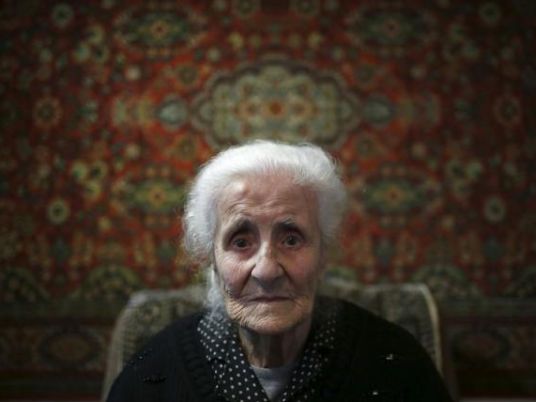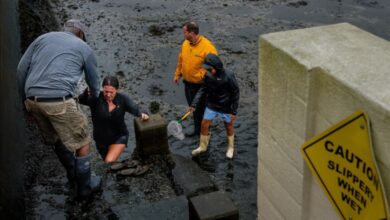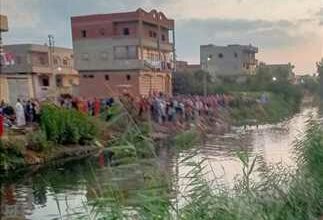
Now 103 years old, Silvard Atajyan remembers vividly when French soldiers saved her, her sister and their parents from the mass killings by Ottoman Turks that 100 years on has stoked tempers once again.
First taken to Egypt from territory in what is now Turkey, she eventually made it to the Armenian capital of Yerevan, where she and tens of thousands will this week mark the anniversary of the World War One killings of up to 1.5 million Armenians.
The events are overshadowed by renewed debate over whether the killings constitute genocide, as argued by Armenia, many Western scholars and some Western governments. This month Pope Francis also used the word to describe the 1915 massacres.
Turkey denies that the killings, which took place at a time when Ottoman Turkish troops were battling Russian forces, constituted genocide. It says there was no organized campaign to wipe out Armenians and no evidence of any such orders from the Ottoman authorities.
For Atajyan, it will be a time to remember her aunt, uncle and cousins who were killed, although she does not want to linger over sad memories.
"I don't want to talk about my bad memories, although I've buried my parents, my six sisters and brothers and my husband," said Atajyan, who turned 103 in April.
With her eyes filling with tears, she says she will now concentrate on the future, her grandchildren and her great grandchildren, rather than get sucked into a debate which has raged for decades.
"I'm a happy person after all as I have four children, seven grandchildren and 12 great grandchildren," said Atajyan, who lives with her son in a house in Yerevan. Her granddaughter and great-grandson live next door.
TORCH-LIT MARCH
Dozens of government delegations, including the presidents of France, Russia, Serbia and Cyprus, are expected to take part in the commemorations, which have prompted frenzied preparations across Yerevan.
The Armenian Apostolic Church will on Thursday canonize victims and the main events the next day will begin with guests going to a hilltop memorial and end with a torch-lit march.
Armenia, a former Soviet republic of 3.2 million people, wants other countries to recognize the mass killings as genocide. The debate has long soured its relations with Turkey.
In February, Armenia withdrew landmark peace accords with Turkey from parliament, setting back U.S.-backed efforts to bury a century of hostility between the neighbors.
While the European Parliament, France and others call the killings genocide, other countries, including the United States have refrained from doing so.
"We are glad to see that more countries and even the Pope recognize Armenian genocide. It should be done so that it is never repeated," said Susana Karapetyan, a 32-year-old resident of Yerevan.




